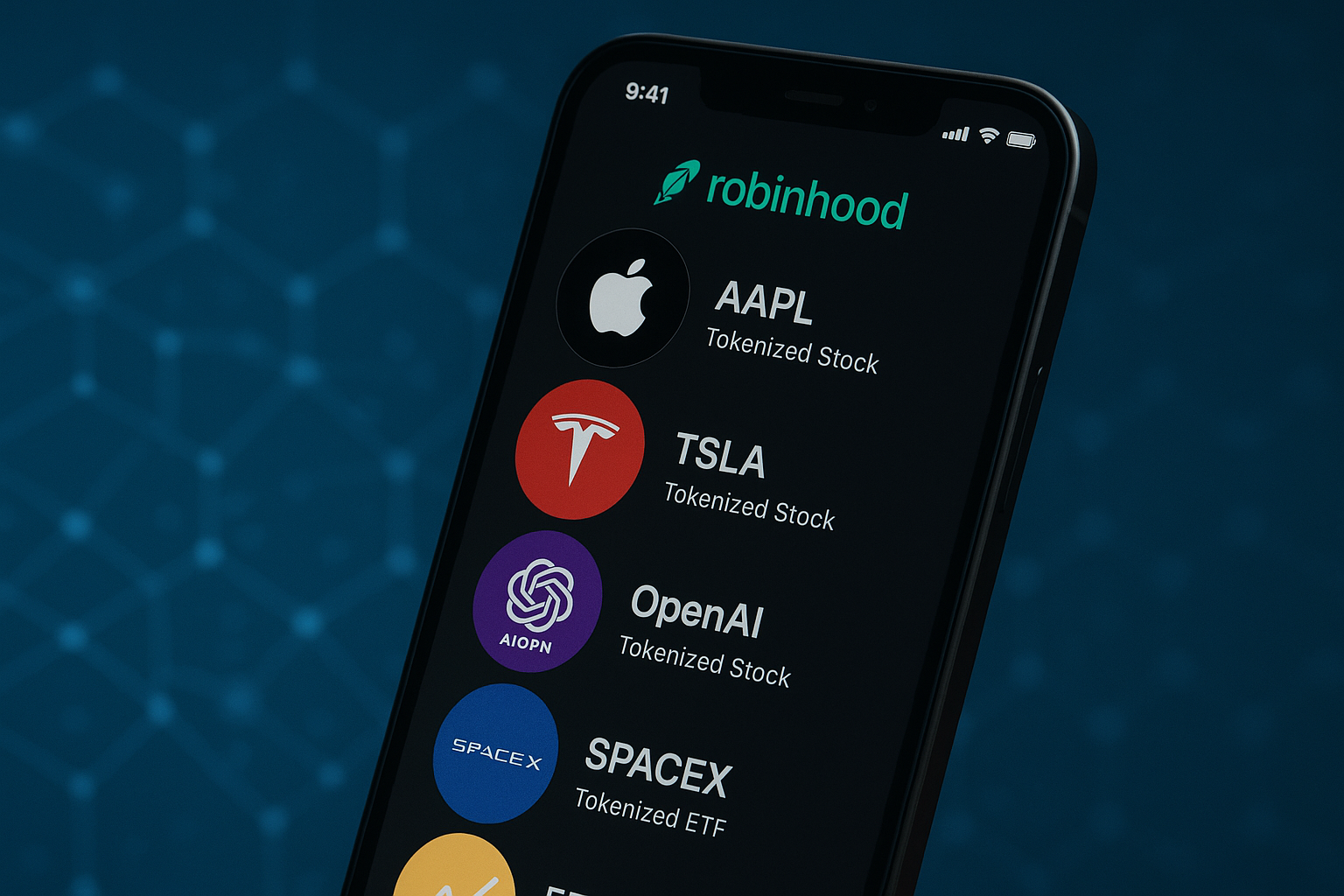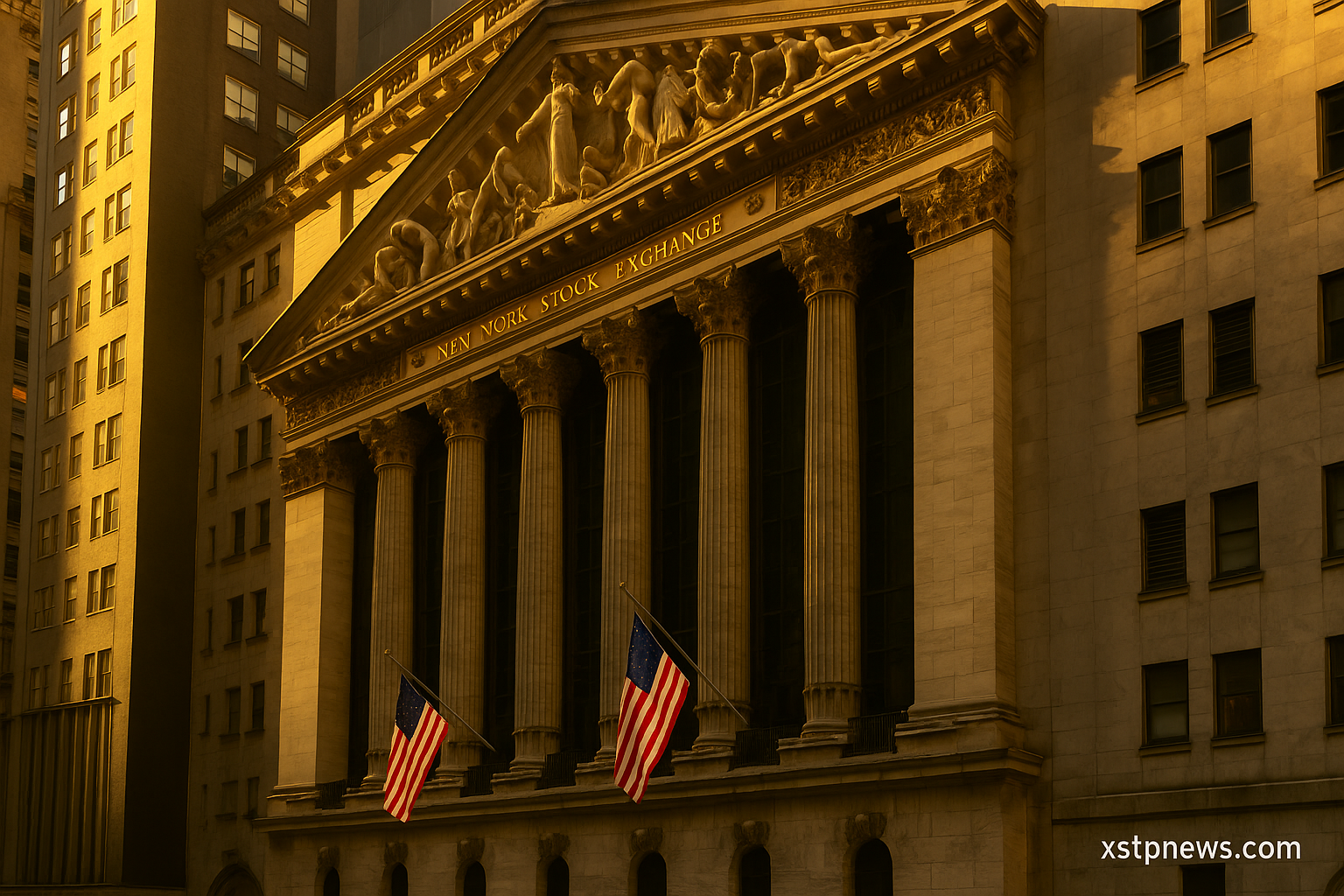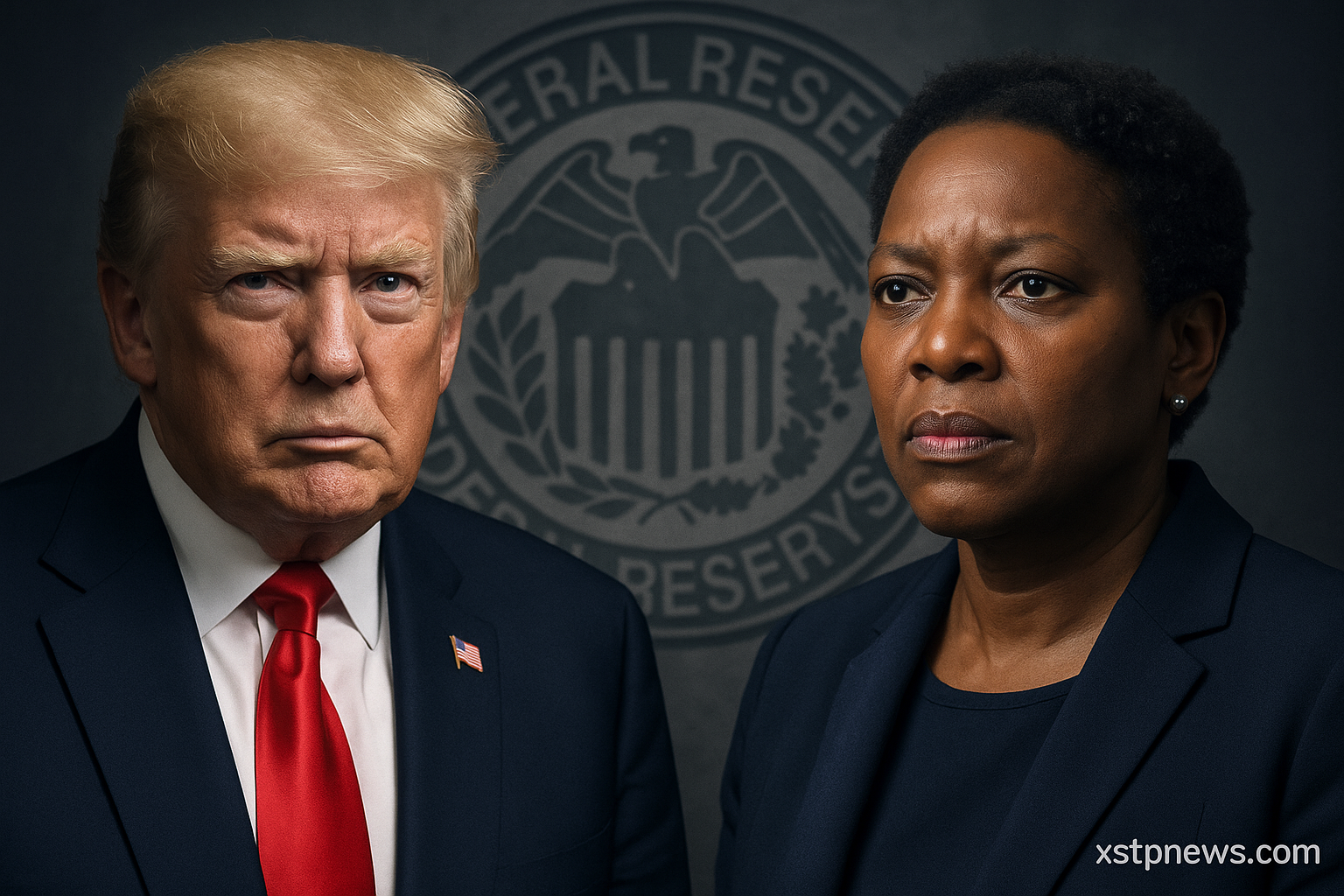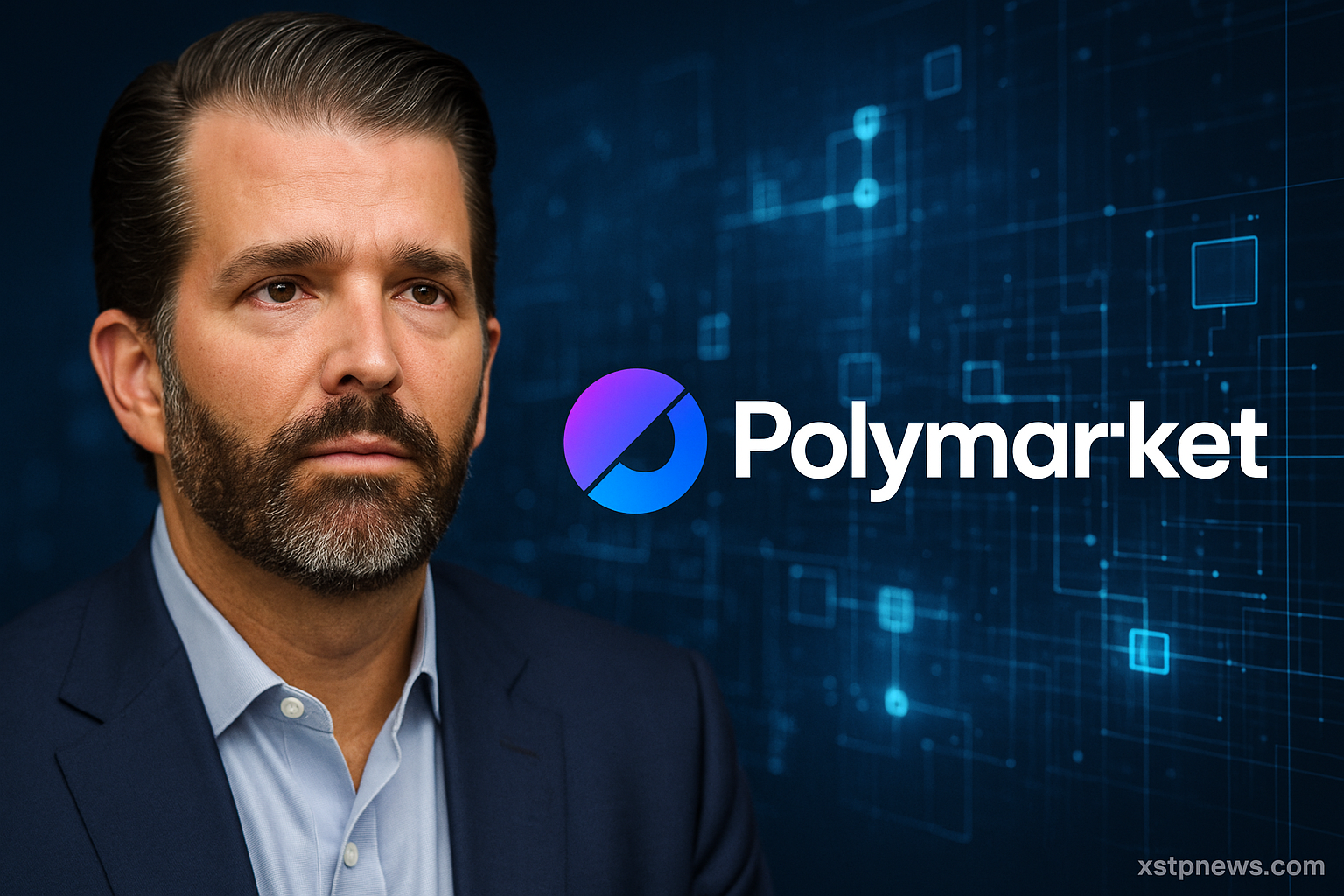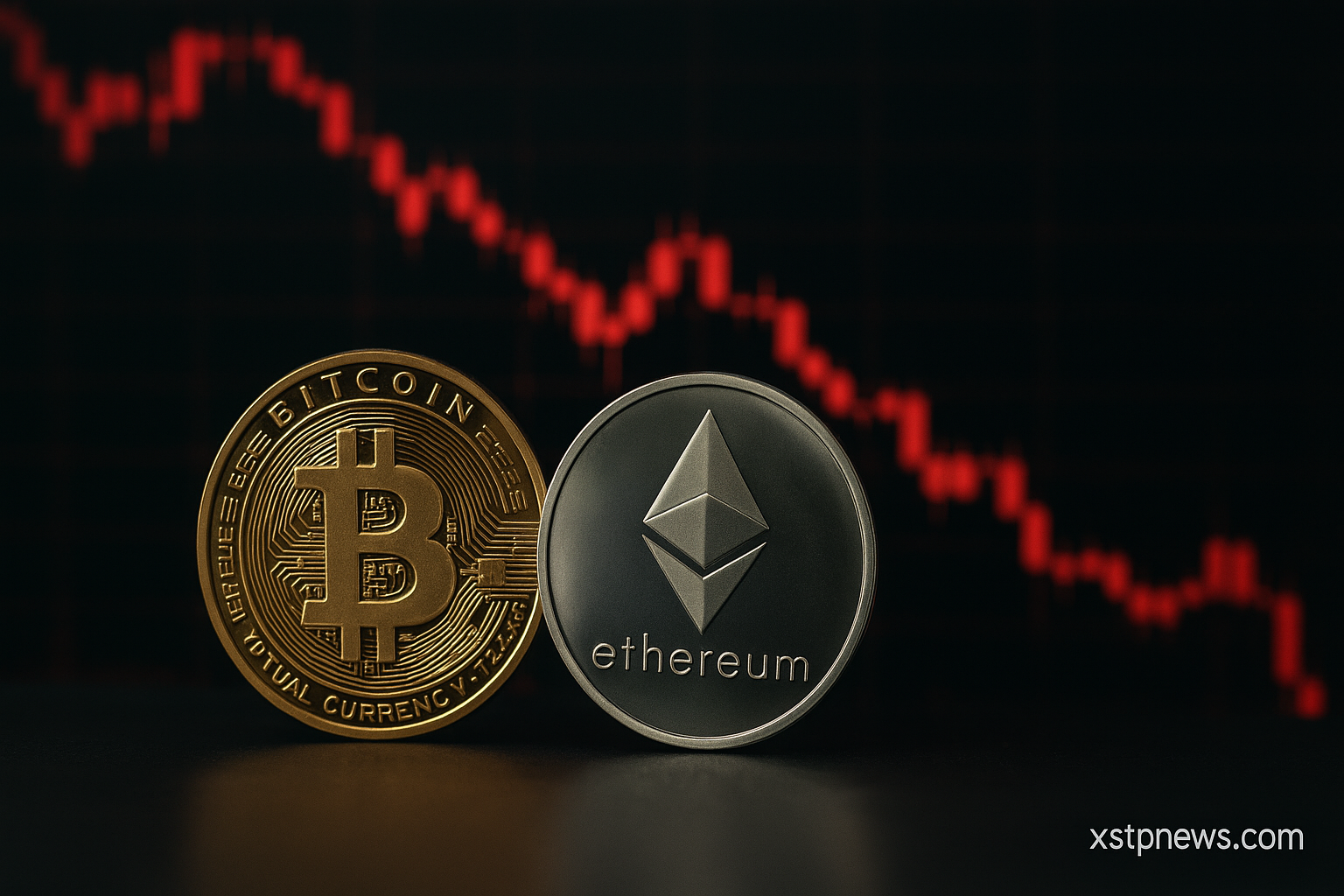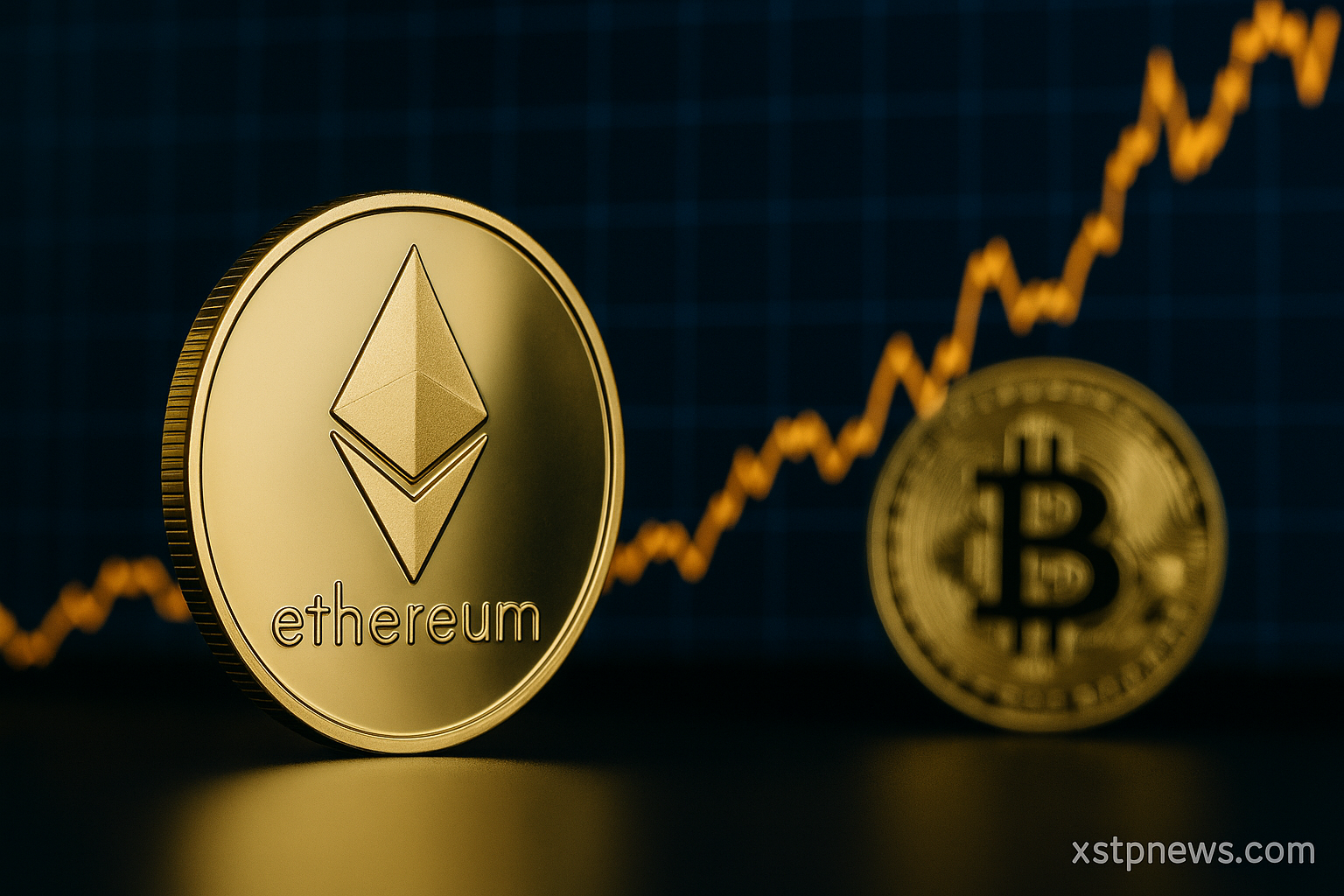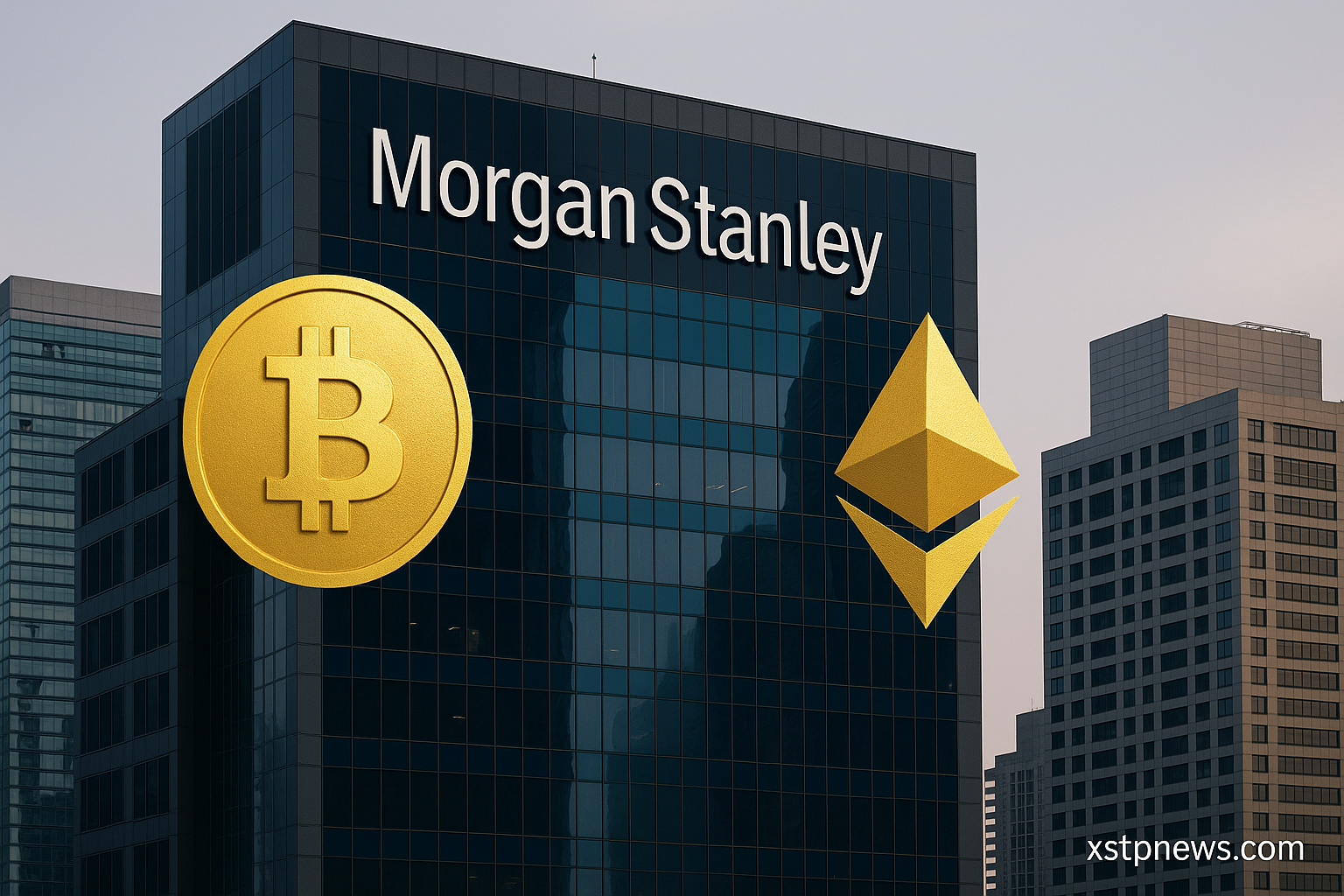Robinhood has rolled out tokenized versions of U.S. stocks and ETFs to its European users, enabling trades in assets like Apple, Tesla, OpenAI and SpaceX outside regular market hours. The move marks a significant push toward digital asset integration, but also sparks fresh scrutiny regarding transparency, regulatory oversight and investor protections.
What tokenized shares mean in practice
These blockchain‑issued tokens offer exposure to stock price movements, yet they do not confer voting rights, dividends or ownership. Robinhood issues tokens backed off‑chain by reserve holdings, making them more akin to synthetic derivatives than actual equities, as analysts have warned.
Market reaction and user adoption
Early launch figures are mixed: while enthusiasm for after‑hours trading and seamless blockchain settlement is high, concerns over liquidity constraints and pricing discrepancies have arisen. Robinhood is currently engaging with European regulators, but U.S. investors remain excluded pending further clarity.
Regulatory and risk considerations
Industry experts highlight legal uncertainty around tokenized assets, warning that investors must understand counterparty status, custody structures and potential lock-up terms. As one strategist noted, “If you can’t get a clear answer in five minutes, walk away”—signaling deeper concerns over retail safety.
Robinhood’s leap into tokenized equities highlights the complex crossroads of finance and blockchain. The initiative could offer new trading flexibility, but only if legal frameworks and market norms evolve swiftly to protect users and ensure fair valuation.
